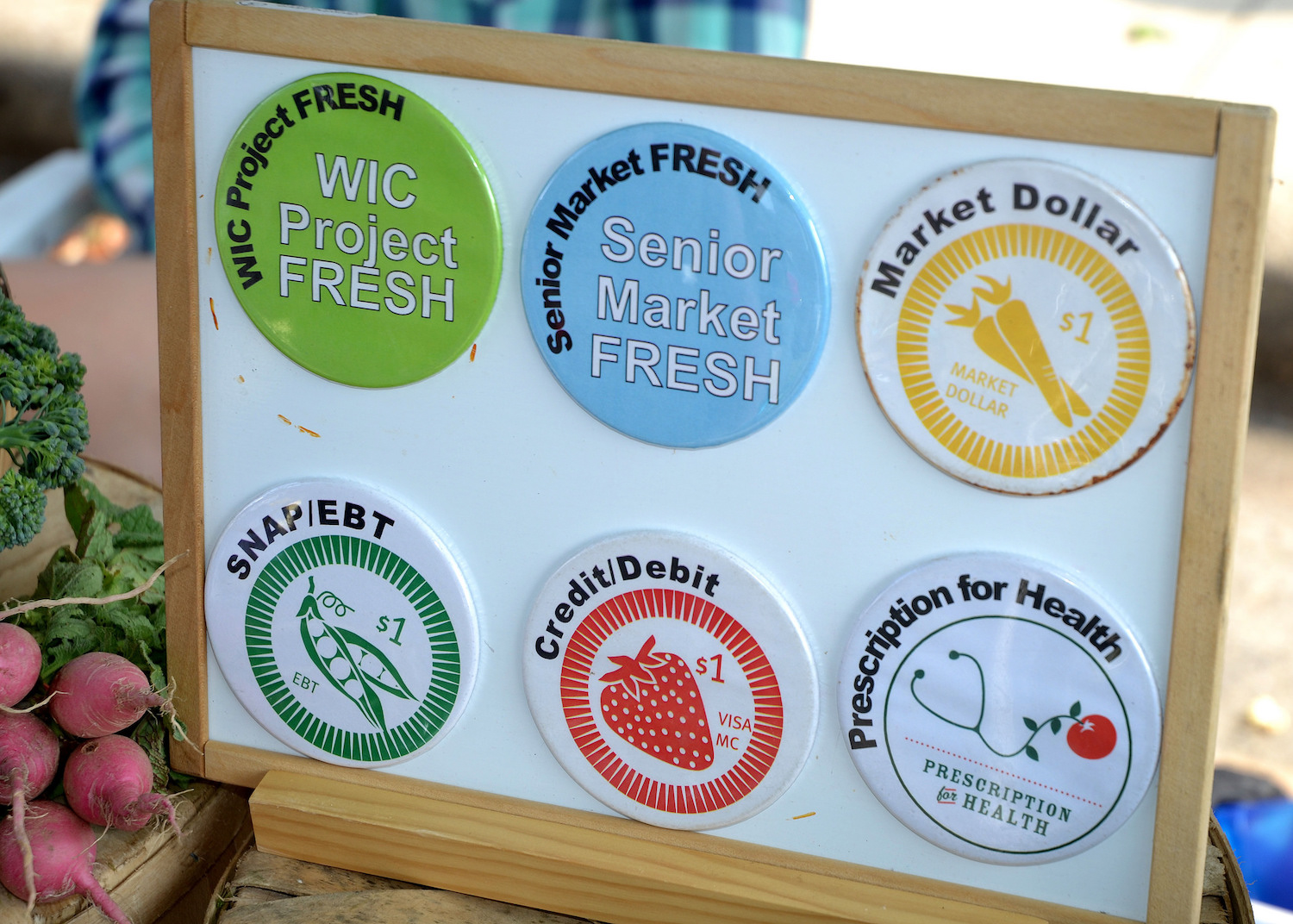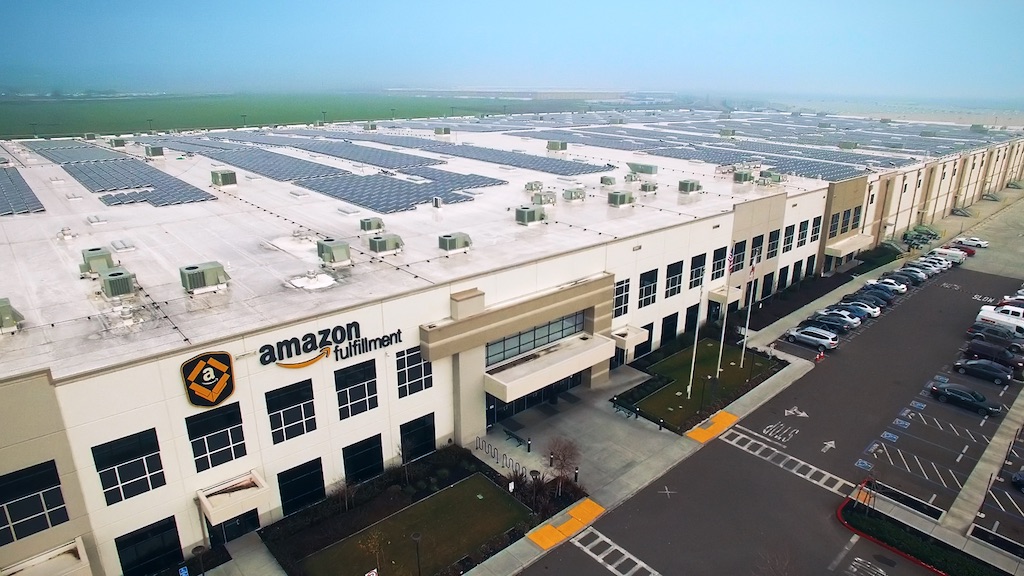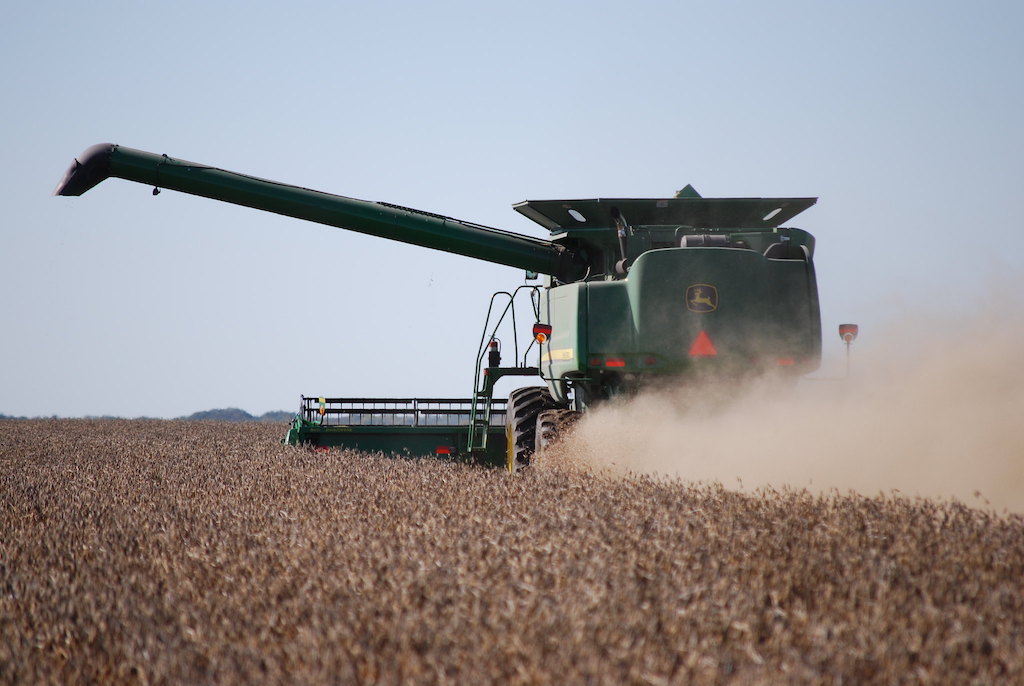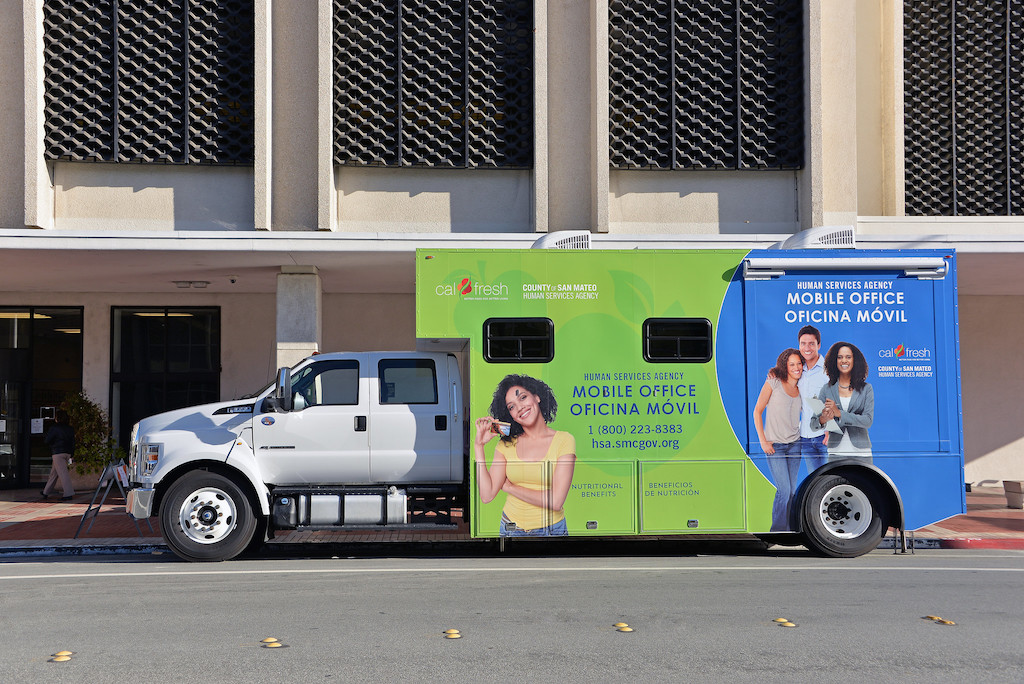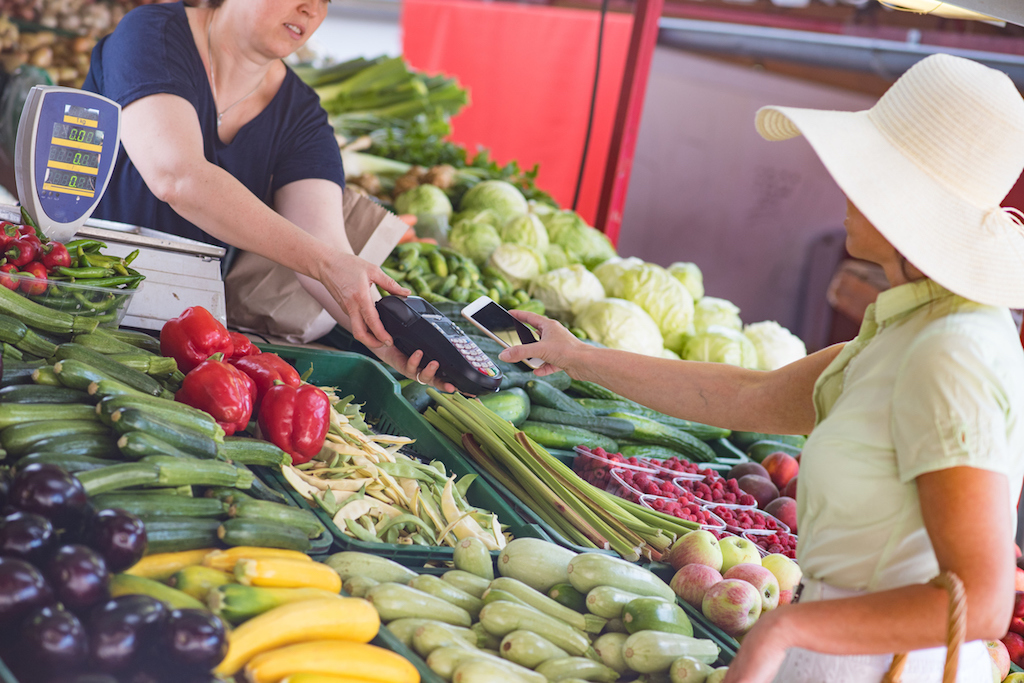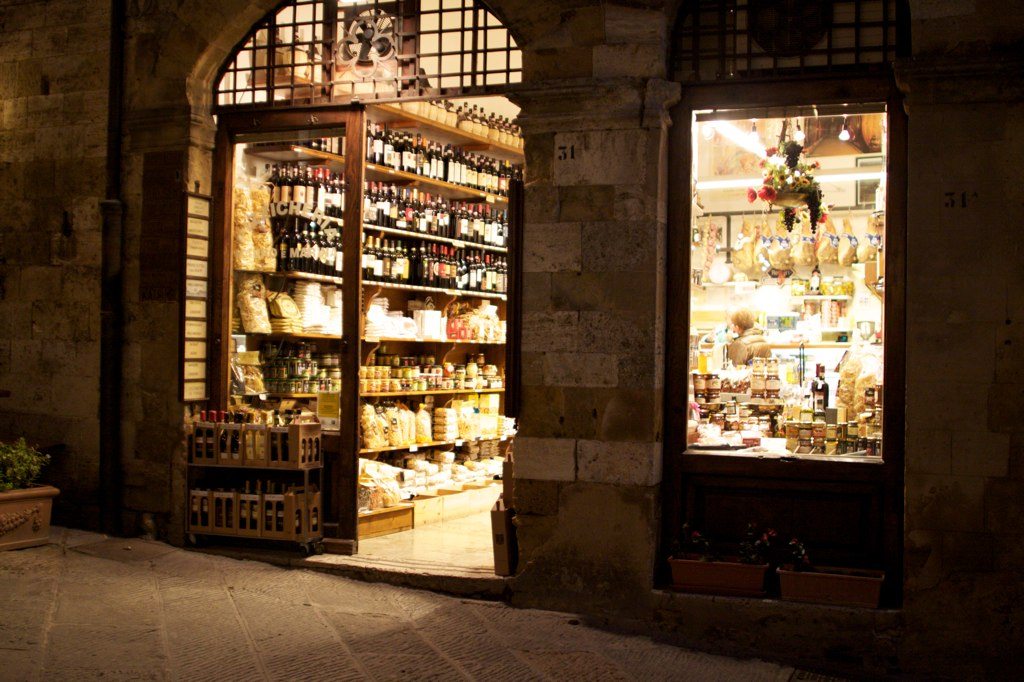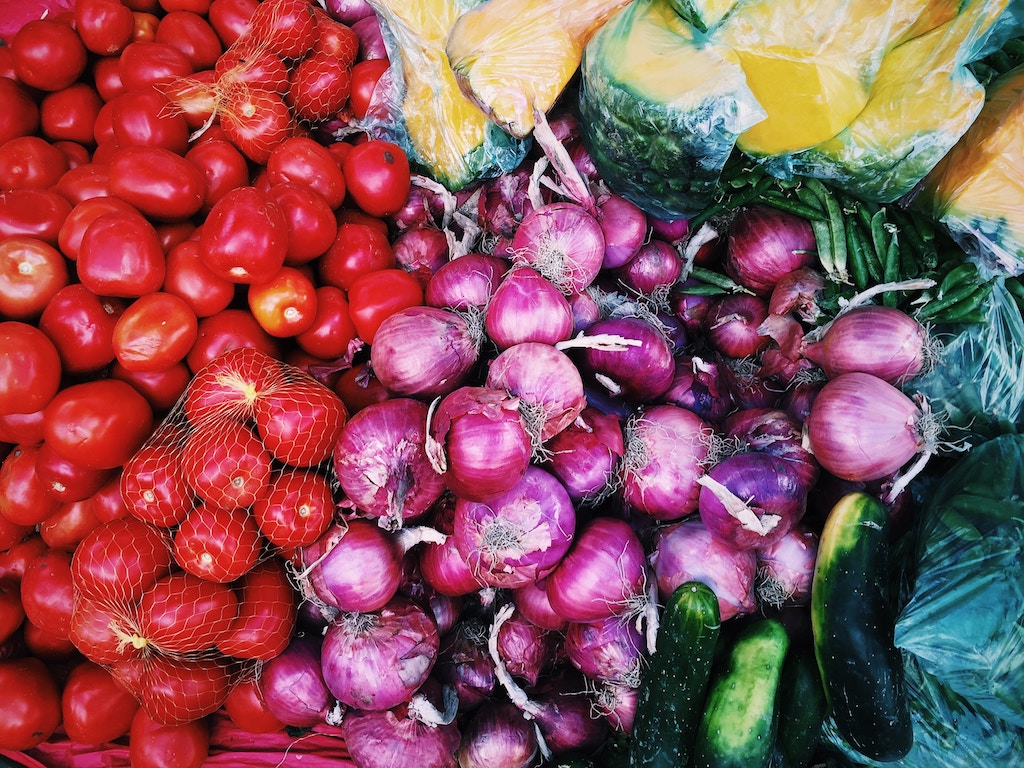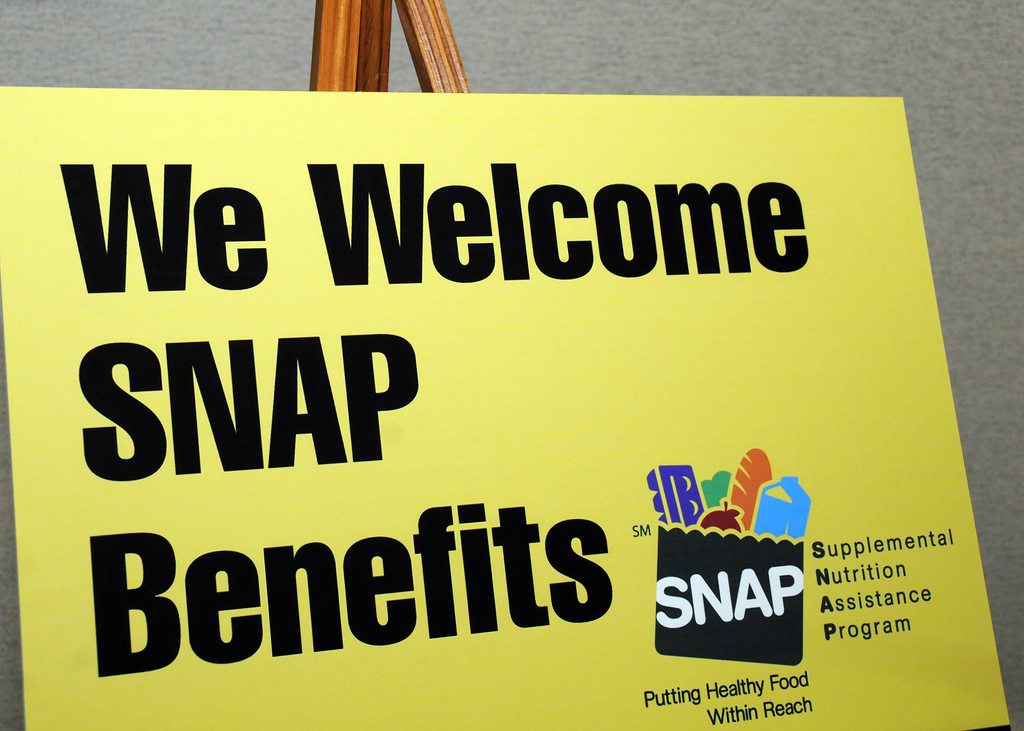Perhaps the defining quirk of the American food system is that it’s often cheaper to buy fruits and vegetables grown thousands of miles away at an outpost of a multinational corporation than it is to purchase them directly from the farmer up the road.
That’s not going to change anytime soon. In the meantime, policymakers have focused on piecing together systems that make local food cheaper for consumers, particularly those with low incomes, while ensuring that their food dollars flow toward regional farmers. Some of the most popular incentive programs have simply given people extra money: At farmers’ markets across the country, people buying food using funds from the Supplemental Nutrition Assistance Program (SNAP, formerly food stamps) can receive coupons that double their spending power. Spend $15 in SNAP benefits at the market, get $15 in free coupons. The idea is that the incentives will attract more low-income shoppers and make their grocery dollars stretch further while simultaneously boosting farm income.
To be clear, SNAP redemptions at farmers markets have risen dramatically in recent years. Between 2012 and 2017, the percentage of SNAP dollars spent at farmers’ market increased by 35 percent. Yet during that same period, the number of farmers markets accepting SNAP benefits increased by 130 percent. That makes it impossible to tell whether SNAP users who already shopped at markets simply started using their benefits or whether programs like Double Bucks drew new people in.
Researchers at Indiana University explored this question in a study published this month in the Journal of Agriculture, Food Systems, and Community Development. They interviewed three groups of people: SNAP recipients who shopped at the farmers’ market, SNAP recipients who did not shop at the farmers’ market, and non-SNAP recipients who did shop at the farmers’ market. The results showed that the two groups of farmers’ market visitors had a lot in common with one another: They were mostly female, around 40 years old, had completed at least a high school degree, and were 80-90 percent white. (The population of Bloomington is 83 percent white and the mean age is around 23 years old. It’s a college town.) Similarly, market-goers reported very similar sets of values: they were there for fresh food, they wanted produce grown without synthetic chemicals, and they wanted to support local farmers. SNAP recipients who did not attend the farmers’ market were more racially diverse and reported lower incomes and lower educational levels.
An administrator processes a shopper’s benefits card so they can spend it at the farmers’ market
The report found signs that the SNAP incentive program is benefitting the most committed shoppers, but it may be able to do more to draw new customers in. First, most of the SNAP participants were loyal visitors, saying they would continue to attend the farmers’ market even if it stopped accepting benefits. On average, the SNAP users interviewed had been shopping at the market for more than 7 years, meaning they began attending before the Double Market Bucks Program began.
Then, nearly 42 percent of farmers’ market shoppers who paid with SNAP said that they learned about the incentive program during market visits. That means many of them had already overcome one of the most common barriers to grocery shopping the non-market attendees reported: Transportation. It’s way easier to get to a farmers’ market across town if you have a car than if you have to ride the bus or get a ride from a friend. Interviews with SNAP recipients who did not attend the market showed that they had a harder time accessing transportation than those who did.
Farmer also cautions that what’s true in Bloomington, Indiana may not be true in the rest of the country. While vehicle access represents a major barrier to grocery store attendance in Midwestern towns built around cars, the same is not always true for cities like D.C. and New York.
“We also found that SNAP users who attend the farmers’ market attend religious services much less than SNAP users who do not,” Farmer says, clarifying that the farmers’ market does not happen on Sunday mornings. “Participation in religious services is still a really important networking system, and when we look at emergency food relief, religion is a big component.”
Placement of new markets near houses of worship may also be a good strategy. In other towns where he’s lived, Farmer says churches are really effective food hubs for programs like CSAs.
While the study did not show that farmers’ market incentives are attracting hoards of new customers, the researchers did find that market attendance increased the amount and variety of vegetables SNAP shoppers bought. For public health advocates, that may mean the program is already working.
“I don’t think it’s changing behavior, I think it’s changing outcomes,” Farmer says. “Like our data show, these SNAP users go into the market, are able to purchase and acquire more fresh food, … higher quality food, a lot more of it, and a lot more variety.” Maybe, for now, that’s enough.
